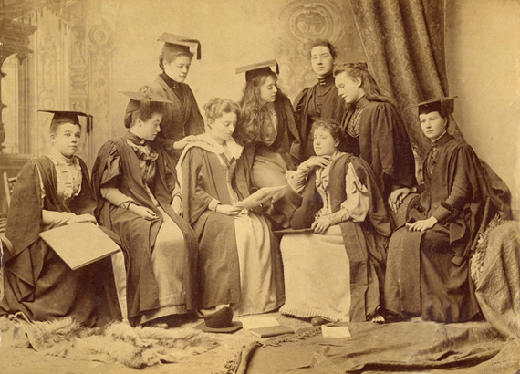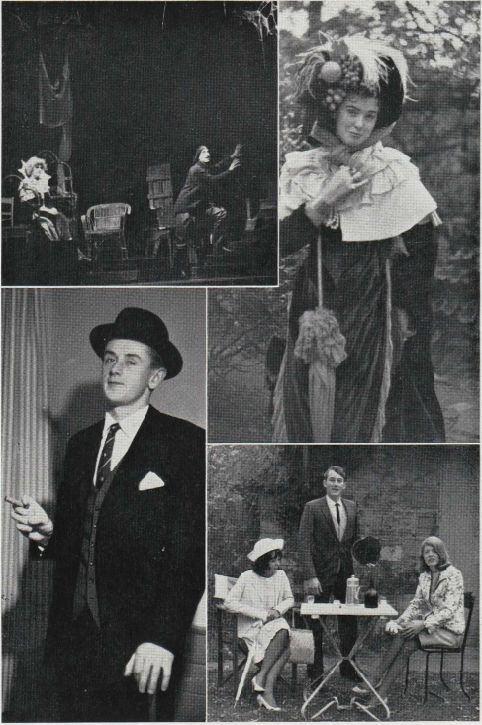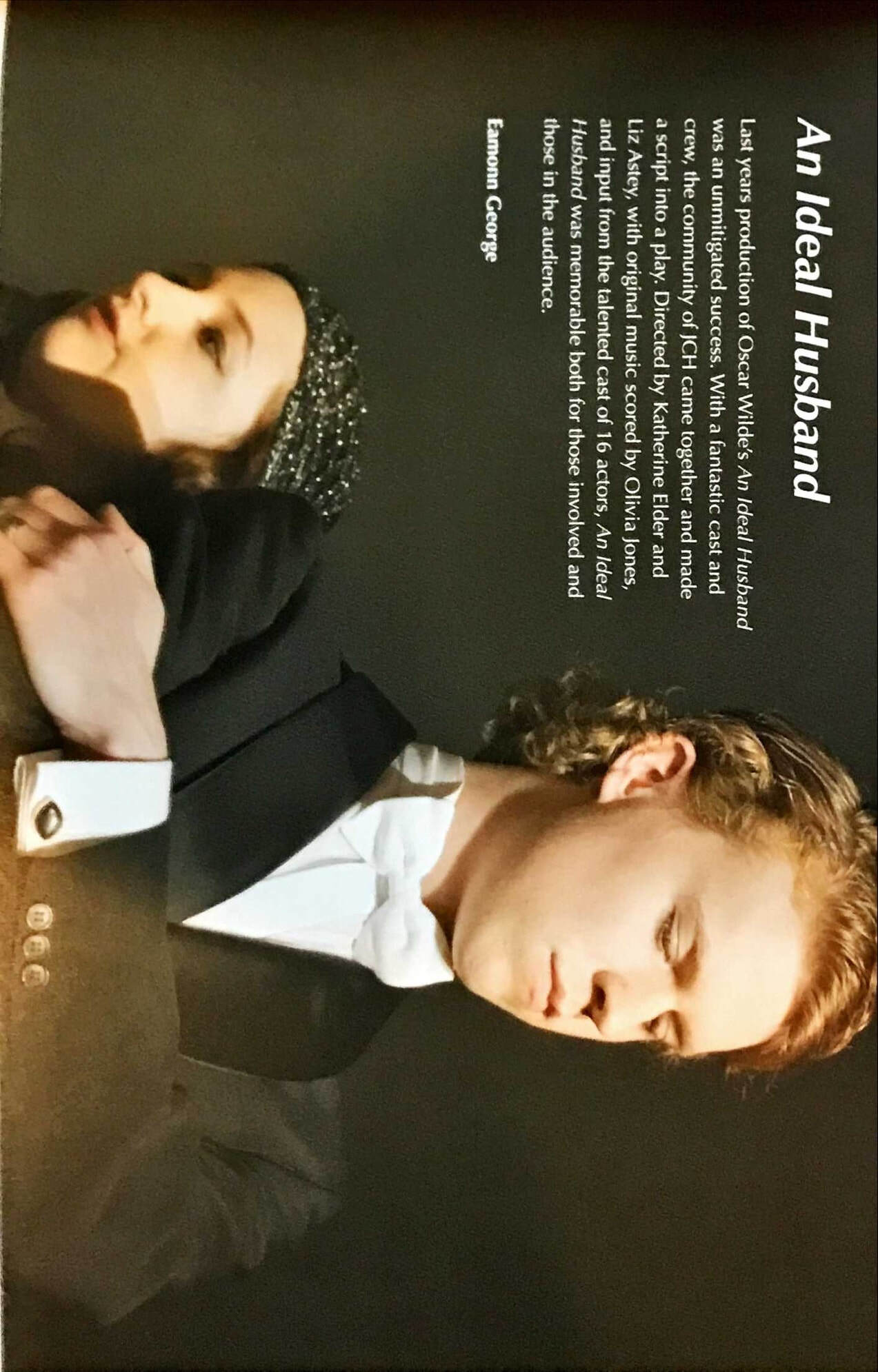It must come as no surprise, that the establishment of a Women's College was not met with very much enthusiasm in it's beginning...
What may actually come as a shock, is that this College may not exist but for the Dramatic Arts. This tale begins with Dr Leeper, the Warden of Trinity College, who battled the Trinity Council to be allowed to admit female students during the 1880s. Unfortunately, there was a loop hole- Dr Leeper was required to source the funds for this venture himself, without the aid of the Council.
Eventually, the students of Trinity College came around to the idea of the Trinity Women's Hostel, and helped Dr Leeper produce the first Latin play ever performed in Victoria- Aulularia by Plautus. This venture managed to raise £290 (today ~$36,000) for the establishment of the Hostel.
After the success of Aulularia, Dr Leeper embarked on a mission to produce the first Greek Tragedy ever to be performed in Victoria, and was one of the first plays which included women from the Trinity Women's Hostel.
Alcestis by Euripides was a gargantuan undertaking, and was intended to raise money to build a gymnasium for Trinity College. The cast included a group of Trinity and Hostel students performing the main roles, 100 professional singers from the Melbourne Liedertafel group singing the chorus from backstage, and a full orchestra. The music for the play was composed by Prof. Marshall Hall, one of the most renowned Australian composers of the time. In addition to this, the set was professionally painted and designed to be as archaeologically accurate as possible.
In the lead up to the event, lectures were hosted by University professors to explain the importance and history of Greek Tragedies, with the proceeds of this going towards the cost of the play.
Alcestis was performed at Melbourne Town Hall on the 16th of June, 1898, to an audience of 1000s including the most renowned Victorian gentry. To top off the extravagance of this event, the play was performed in Ancient Greek, and so the audience was provided with translation in order to follow along.
Despite the play's rave reviews and apparent success, the production of Alcestis was a major economic failure. The production cost was in excess of £450 (today ~$70,000), and resulted in a rather spectacular loss. Dr Leeper had to issue requests for public support to provide funds to cover the lost £143 and donations to help build the gymnasium.


The Chief Waiting Woman was performed by Ada Lambert, who was the first female to receive a Masters of Science and be appointed as a lecturer at the University of Melbourne. The heroine was performed by Florence Towl, who later became the renowned Opera singer Madame Ballara.









